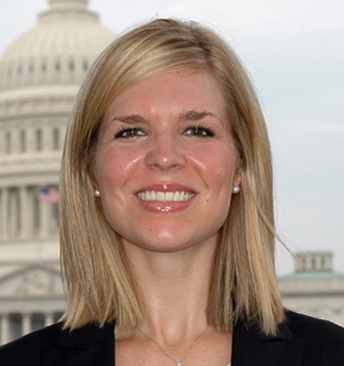By Bob Allen
The U.S. House of Representatives overwhelmingly approved a bill Feb. 13 to allow houses of worship damaged by Hurricane Sandy to receive disaster aid from the Federal Emergency Management Agency, despite warnings by advocacy groups that the measure flouts the constitutionally mandated separation of church and state.
House members voted 354-72 for HR 592, the Federal Disaster Assistance Nonprofit Fairness Act of 2013. The bill, co-authored by Rep. Chris Smith (R-NJ) and Rep. Grace Meng (D-NY), now heads to the Senate.
The Baptist Joint Committee for Religious Liberty was among groups making last-ditch efforts to ask members of Congress to think twice before passing legislation that could have serious consequences for religious liberty.
 “The First Amendment’s Establishment Clause prohibits government from providing outright grants or similar financial support to churches and other houses of worship,” BJC Staff Counsel Nan Futrell wrote in the letter.
“The First Amendment’s Establishment Clause prohibits government from providing outright grants or similar financial support to churches and other houses of worship,” BJC Staff Counsel Nan Futrell wrote in the letter.
Futrell said the Supreme Court has clearly stated that direct monetary contributions of taxpayer dollars to religious institutions create “special Establishment Clause dangers.”
“Simply put, we do not allow taxpayer dollars to build churches,” she wrote. “We likewise should not allow taxpayer dollars to be used to rebuild churches.”
Futrell said the damage wrought by Superstorm Sandy in the Northeast United States presents an instance where “moral and humanitarian instincts” may seem at odds with the Constitution’s ban on the establishment of religion.
“Happily, we have ways to empathize with and provide aid to churches and other religious organizations damaged by the terrible storm,” she said. “Repairs may be financed by denominational efforts, private foundation grants and contributions of the faithful. Additionally, insurance proceeds are available for rebuilding efforts, and churches and houses of worship may be eligible to obtain low-interest, long-term loans under the Small Business Administration disaster loan program for damages not covered by insurance.”
Futrell said natural disasters and other times of crisis “serve as a call to action for citizens of faith,” but the public is best served when those calls are answered using voluntary and private contributions.
“Public funding of houses of worship threatens to undermine religious autonomy and impermissibly involve government in the private affairs of religious bodies,” she wrote. “It is simply not a good idea — however our heartstrings are tugged — to give churches access to the public till.”
Other groups opposing the measure included Americans United for Separation of Church and State and the American Civil Liberties Union. Supporters include diverse religious groups including the American Jewish Committee, Family Research Council, National Association of Evangelicals and U.S. Catholic Conference of Bishops.
During floor debate, Rep. Smith said current law discriminates against houses of worship, by denying them access to funds that are available to other nonprofit organizations like museums, performing-arts centers and zoos.
“It’s unconscionable that foundational pillars of our communities damaged by Sandy — synagogues, churches, mosques, temples and other houses of worship — have been categorically denied access to these otherwise generally available relief funds,” Smith said.
Rep. Jerrold Nadler (D-NY) said the bill’s purpose is laudable, but there are “real constitutional problems” in its passage.
“This bill would provide direct cash grants to rebuild houses of worship,” Nadler said. “Direct government funding of churches, synagogues, and mosques has always been held to be unconstitutional, and the decisions of the Supreme Court establishing that principle remain good law to this day.”
Nadler also complained that the bill was not considered in a committee and rushed to the floor in just a few days. “One would think that we were naming a post office rather than passing legislation with significant constitutional implications that could alter the relationship between government and religion,” he said.
Previous story:
